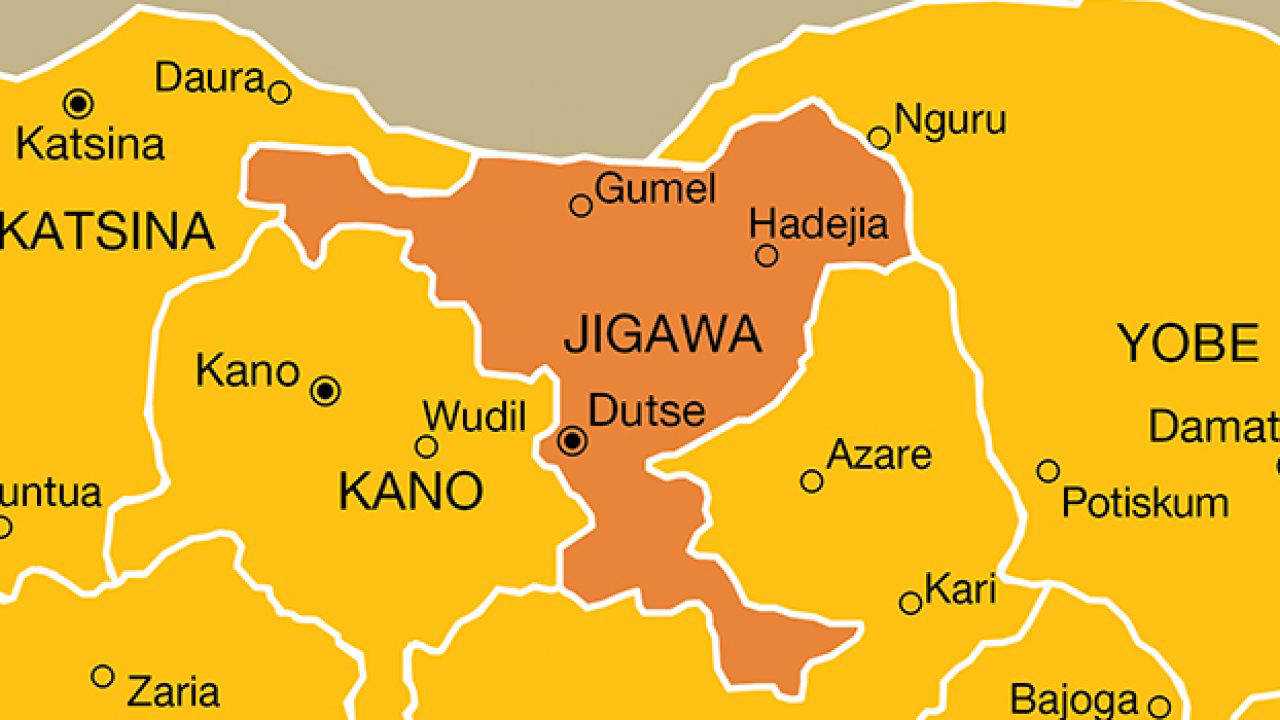Hadejia Local Government Area of Jigawa State, with over 250,000 inhabitants and covering 23,154 square kilometers of land, has been faced with damaging floods almost every rainy season. The last major episode in 2020 was among the most devastating in recent times. On record, it is the worst since 1988. Properties and farm produce worth hundreds of millions of Naira were destroyed. Specifically, about 100,000 hectares of farmland were destroyed, leading to a shortage in the supply of crops especially rice.
Hadejia is one of the highest contributors of local rice to the country and also has a fair share of the beneficiaries of FG’s Anchor Borrowers’ Program. Maize, sorghum and sesame seeds are also produced in large quantities.
The possibility of another flood this season would, therefore, be too much to take.
If the statements attributed to the UN focal person on climate change, Nura Jibo, about the forecast of another impending flood in Hadejia are anything to go by, we are in for another disaster, God forbid. He was reported to have even suggested relocating the whole of Hadejia from its current location, damning its history, culture and heritage. While the latter suggestion is utterly preposterous and far-fetched, to say the least, it underlines how serious the situation is.
The potential for enormous disaster will not go away. Relocating 250,000 people and their businesses is creating an internal displacement situation, something the three tiers of government cannot handle, least of all the indigenes.
A vast array of time-tested, cost-effective and proven solutions have been put forward by climate change experts and notably, Professor Mohammed Shu’aibu Abubakar of the Department of Agricultural and Environmental Engineering, Bayero University Kano, outlined several short-term and long-term remedies to help arrest the situation for good. For instance, the last flood was caused majorly by the overflowing of the Tiga and Challawa dams in Kano State, which is why Professor Shu’abu offered that an assessment of the upstream reservoirs’ level of utilisation and spillage and also that of upstream human activities (in this case fish farmers and dry season farmers) in view of fostering remediation solutions. Smaller and avoidable causes included poor and inefficient drainages, illegal encroachment and diversion of waterways, with fish farming communities mainly culpable.
I urge the Federal Ministries of Environment and Agriculture in collaboration with our able Senator representing Jigawa Northeast Zone, Ibrahim Hassan Hadejia to intervene. The state government through Jigawa State Emergency Management Agency (SEMA) has done its best within its means to tackle the last flooding. Unfortunately, it was obviously not enough. The sheer magnitude, funding requirements and implication of the situation require that the federal government intervenes.
Aliyu Sulaiman is a freelance writer and banker

 Join Daily Trust WhatsApp Community For Quick Access To News and Happenings Around You.
Join Daily Trust WhatsApp Community For Quick Access To News and Happenings Around You.


